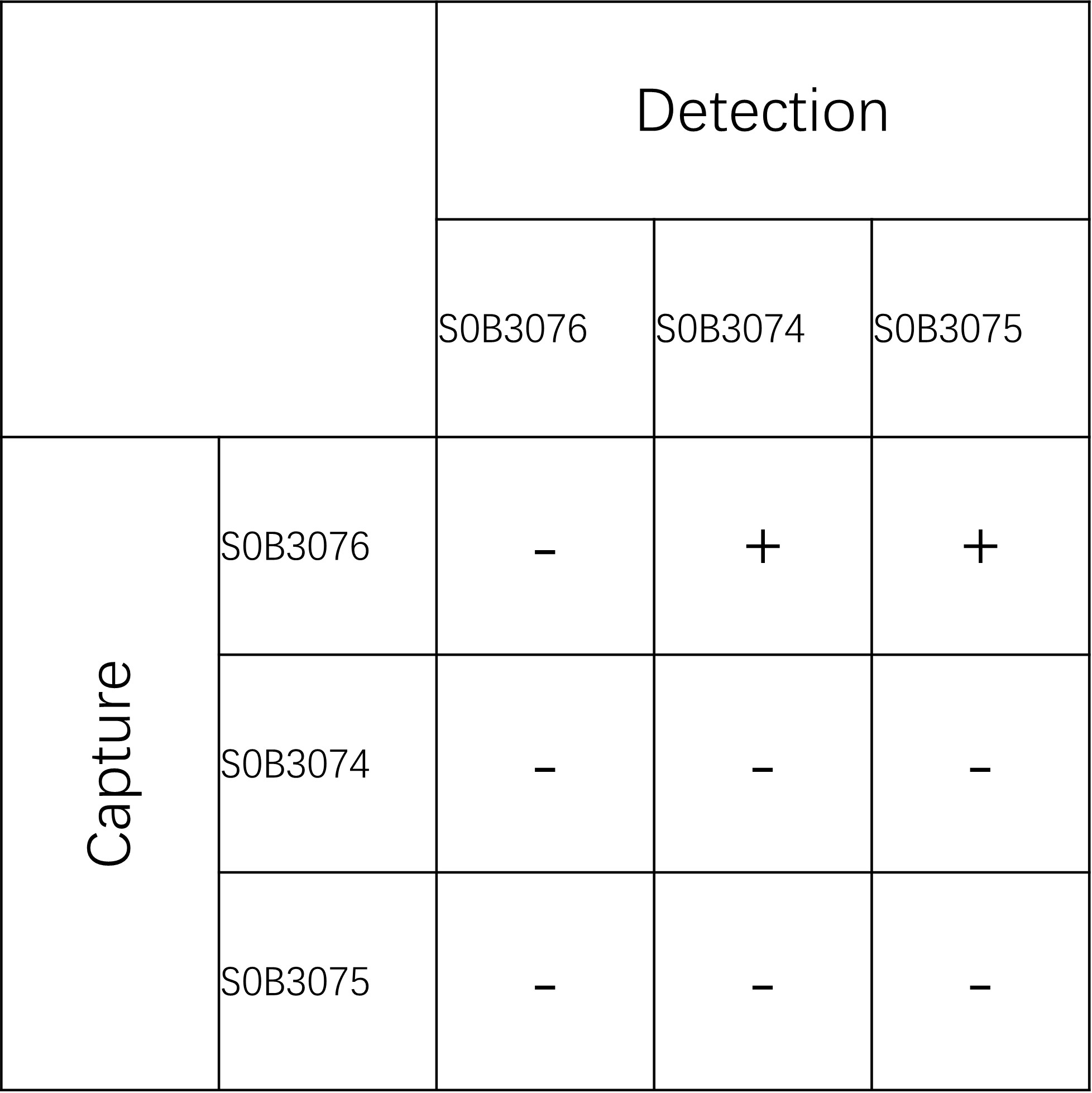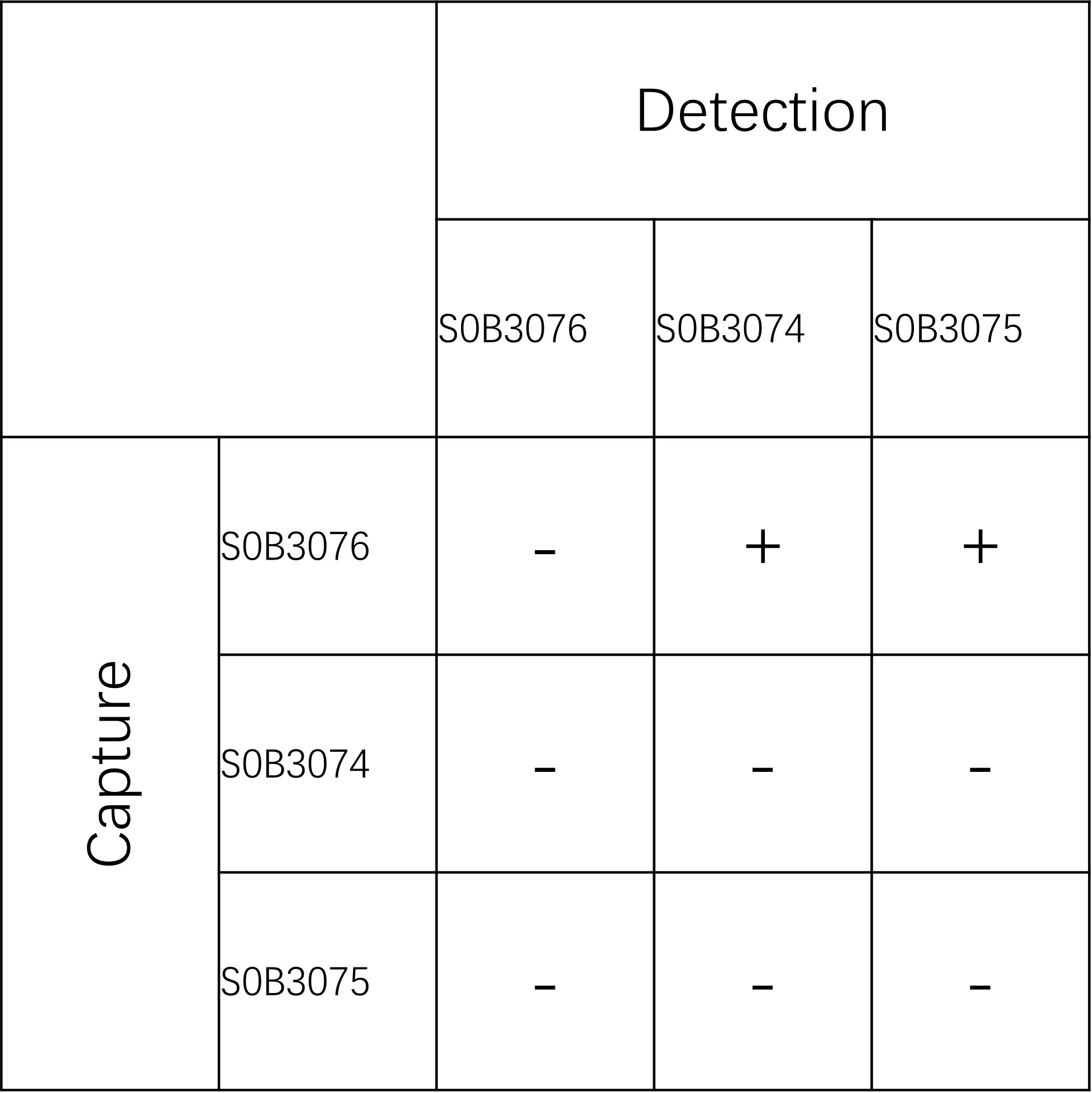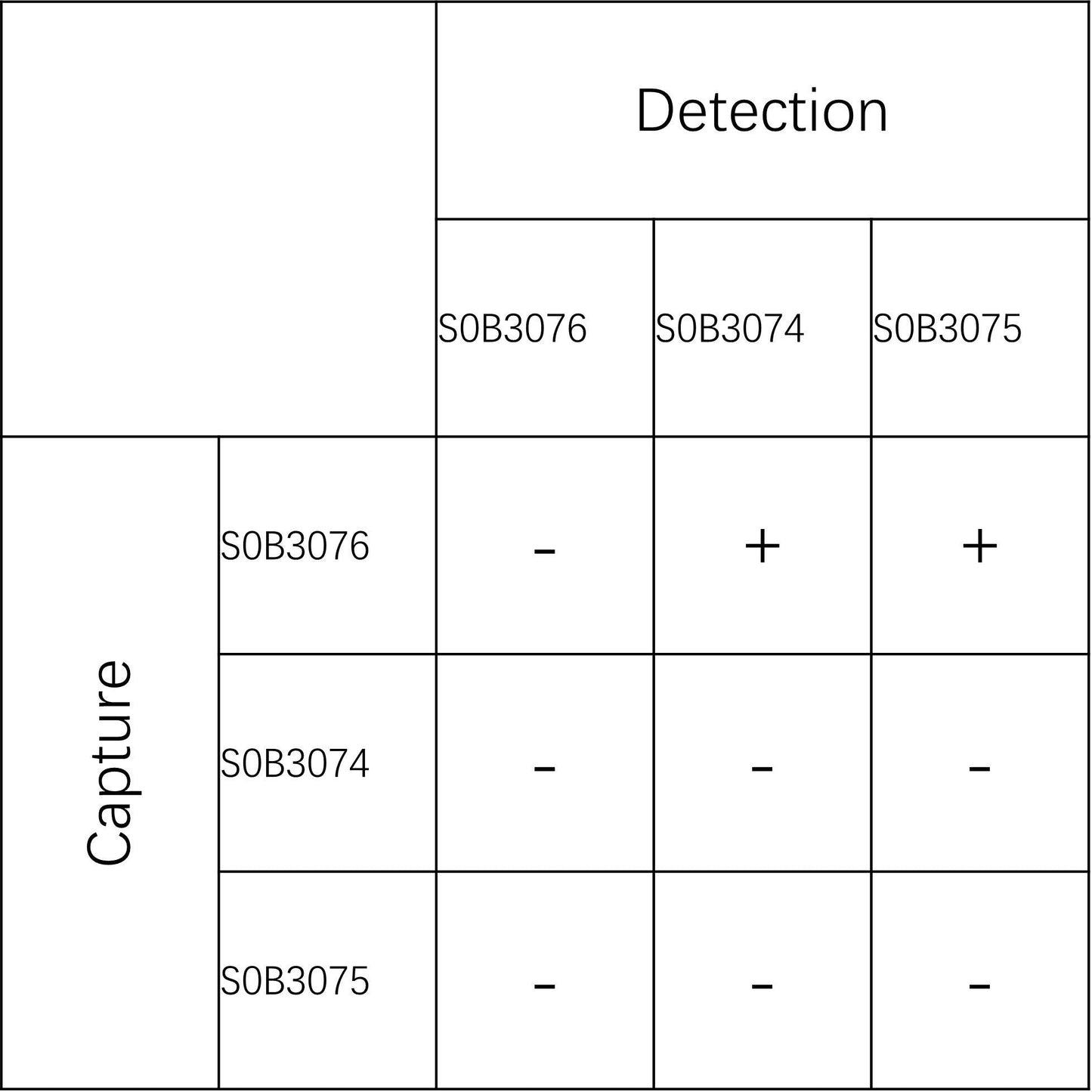Product Details
Product Details
Product Specification
| Host | Rabbit |
| Antigen | t-PA |
| Synonyms | Tissue-type plasminogen activator, t-plasminogen activator, tPA |
| Immunogen | Recombinant Protein |
| Location | N/A |
| Accession | P00750 |
| Clone Number | SDT-215-4 |
| Antibody Type | Rabbit mAb |
| Application | Sandwich ELISA |
| Reactivity | Hu |
| Cross Reactivity | Does not recognize PAI-1, PIC complex, TAT complex |
| Purification | Protein A |
| Concentration | 2 mg/ml |
| Purity | >95% by HPLC |
| Physical Appearance | Liquid |
| Storage Buffer | PBS, pH 7.4, 0.03% Proclin 300 |
| Stability & Storage | 12 months from date of receipt / reconstitution, 2 to 8 °C as supplied. |
Background
Tissue plasminogen activator (abbreviated tPA or PLAT) is a protein involved in the breakdown of blood clots. It is a serine protease (EC 3.4.21.68) found on endothelial cells, the cells that line the blood vessels. As an enzyme, it catalyzes the conversion of plasminogen to plasmin, the major enzyme responsible for clot breakdown. Human tPA has a molecular weight of ~70 kDa in the single-chain form. tPA can be manufactured using recombinant biotechnology techniques; tPA produced by such means are referred to as recombinant tissue plasminogen activator (rtPA). Specific rtPAs include alteplase, reteplase, and tenecteplase. They are used in clinical medicine to treat embolic or thrombotic stroke. The use of this protein is contraindicated in hemorrhagic stroke and head trauma. The antidote for tPA in case of toxicity is aminocaproic acid. Increased levels of PAI-1 and tPA are associated with increased risk of cardiovascular disease, especially in patients with concomitant insulin resistance. It has been suggested that the tPA/PAI-1 complex would be an even stronger marker for thrombotic events than tPA antigen, and increased levels of tPA/PAI-1 complex were indeed recently shown to predict increased risk for first-ever stroke.
Recommend Antibody Pairs

Picture
Picture
Paired Recommendations



